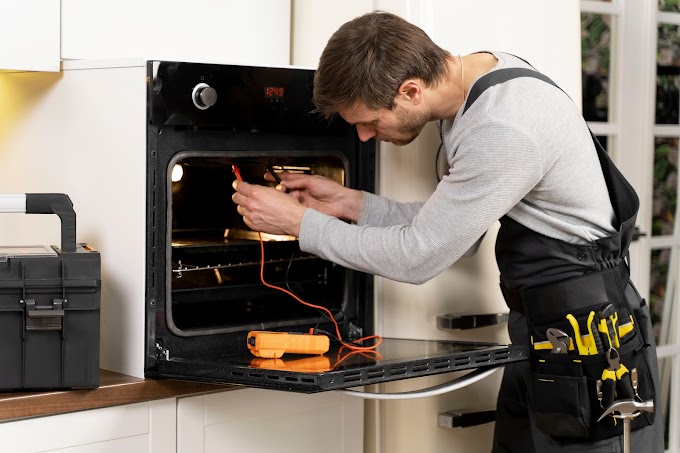The strategy of investing in commercial properties could be a very good one, as it allows getting good returns and stability over a long-term development. However, it is more than purchasing a space and renting to tenants. Commercial real estate is all about planning, analysis, and an appropriate support mechanism.
The following are some of the useful and tested ideas to aid you in a better commercial property investment process.
1. Study the Place: Go to Where the Action Is
An old saying, location, location, location, is particularly true in the case of commercial real estate. Those properties in areas of frequent traffic and fast development are likely to yield stable renters and bring greater returns.
Look for:
- New business centres
- Transportation and logistics accessibility
- Nearness to developing residential spaces
- Proposed zoning or infrastructure upgrades
When you have background on the demographics of a given area, the foot traffic there, and business activity, you are in a better position to at least gauge long-term viability and the potential to increase property values.
2. Know the Tenant Market: What is On Demand?
Quite sure, not any commercial property fits any kind of tenant. Perform some analysis by evaluating the type of businesses that are succeeding in the location before purchasing. There is so much diversity in demand by retail, office, and industrial spaces.
- High-visibility areas that have a lot of foot traffic are the best places to locate retail properties.
- The office spaces perform well around business parks or corporate hubs.
- The packaging of generic drugs or distribution centres does well on the roadsides, ports, and airports.
Being informed of the kind of space the tenant would want will make your property remain occupied and profitable.
3. Stake Lease Structures: Safe Long-Term Revenue
The commercial lease arrangements are often more sophisticated than those of residential constructions but they tend to be more stable. More specific is the triple net lease (NNN), wherein the property taxes, insurance and maintenance are compensated by the tenants.
Look up the old lease agreement prior to investing.
- Are leases everlasting?
- Who maintains or pays taxes?
- Do rents rise with time?
A tough lease structure does not only bring a steady income, but it will also enhance your property's value to your future buyers.
4. Analyse Yield Potential: A Look at Returns, not Simply Price
The investment decisions should be informed by yield and not only the purchase price. Compare the rent versus property cost so as to come up with the capitalisation rate (cap rate).
Consider an example: a property with a cheaper purchase price but irregular income can generate less compared to a more expensive one with permanent tenants. A balance between cost, rental demand, and long-term growth should always be sought.
5. Plan for Maintenance Costs: Look Beyond the Sale Price
There are still ownership expenses that you cannot overlook despite a triple net lease. Plan out before investing:
- Regular repairing of the buildings
- Rooftop, heating and air conditioning or power system enhancements
- Sale and management of properties
Even sudden repair cost or empty time can consume the profits fast. Factor them into your financial model and put cash aside in contingencies.
6. Seek the Work of Professionals: Do Not Go Alone
Residential property deals are simpler than the commercial ones. Envelop with the knowledgeable people who can minimize the danger and achieve successfully a carry out:
Commercial real estate agents can assist you to get high potential property.
- A real estate lawyer makes your contracts and leases air tight.
- A financial advisor assists in tax implications analysis and sources of funding.
- A good team does not only guard your investment but also makes you build your portfolio with confidence.
Final Thoughts
Such investments will be able to bring equitable cash flow, asset value growth and financial stability to a long-term process only when investing in business properties is wise. Begin by doing the optimal feasibility that involves researching the ideal location, understanding your tenant market, and getting good lease terms. Consider the cost of maintenance, consult the experts, and do consider the cash flow of the investment at all times.
Finally, one should correct the property valuation before purchase. It is an important step that affects funding to resale opportunities.
Invest wisely, be well aware and make your commercial property work.










Social Profile